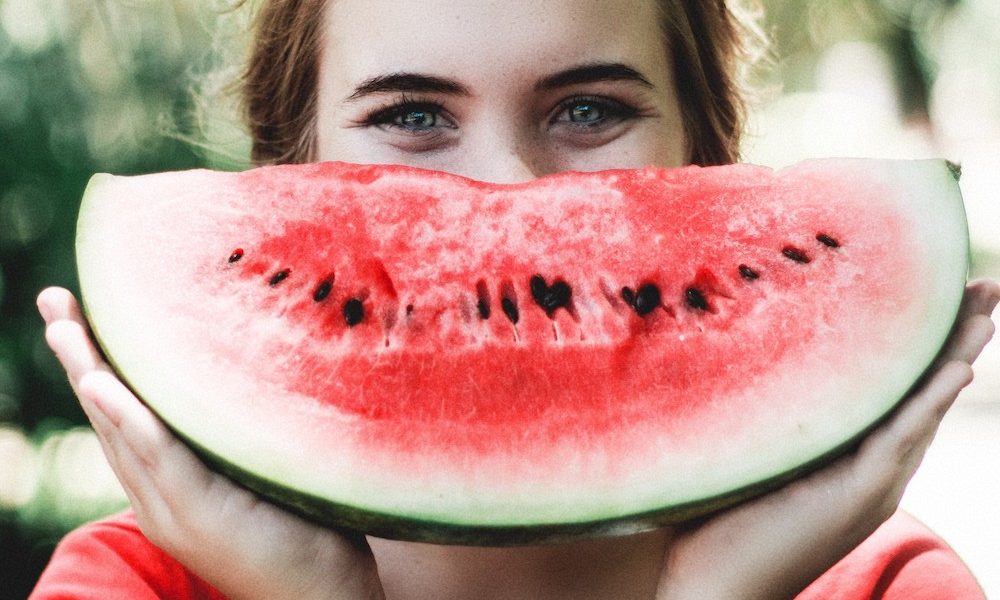What is actually driving your health choices and actions? Take a closer look at your values, and recognize how they can influence your health and happiness.
BY: CARA HARBSTREET, MS, RD, LD
If you think about your basic human needs, what comes to mind? Are there areas of your life you feel are being neglected or minimized, or are there things you want to prioritize more?
As a dietetics student, I was introduced to Maslow’s Hierarchy of Needs, mixed in among all my nutrition courses and anatomy labs. It was interesting to think about because I come from a relatively privileged background. Most all of my needs were met, and I felt I was pretty darn close to self-actualization.
When I entered my professional practice as a dietitian, I continued to have a rather limited understanding of people and their needs. I was aware of issues like food insecurity, health disparities, and social determinants of health.
But it wasn’t until I began learning about intuitive eating, Health at Every Size (HAES), weight stigma, and health care bias that I broadened my view of how our needs are (and are not) being met.
Turns out, I became a much better health professional when I considered more than just physical needs.
In my world, it looks something like this:
“How do your food rules shape your identity or provide you with something you need?”
In other words, how does your diet satisfy a craving for something other than food? More often than not, cravings for a “forbidden” food are just one of the downsides of dieting. Yet people are starting (or restarting) trendy fad diets everywhere you look these days because that restriction is fulfilling some type of need.
People usually walk through life without giving much thought to the intentions behind their decisions to eat, move, rest, and care for themselves. But if you actually take the time to pause and question if the things that you think lead to health and happiness may look different than what you’ve been told, your perspective changes.
Do you ever notice patterns or behaviors in your life that’s potentially be due to unmet needs?
This can be found when you listen closely to yourself during a situation that prompts you to think, “Oh I know better, but I’m going to do it anyway?”
And there’s a reason why changing our habits can be so challenging — yes, we’re logical, rational, intelligent people, but we are also emotional complex beings.
If it were really that easy, don’t you think we’d all be doing it what we need to do already? This is why values-based living can be a more sustainable approach to health and happiness.
What does that look like?
It’s about no longer tying your identity to how you eat or what your body looks like so you can be free to explore other things in life.
It’s about recognizing that you have more interesting things to share with the world than what you put on your salad after a workout.
It’s the ability to recognize there are issues you care deeply about – the environment, improving a skill, or supporting a social cause that impacts your life.
The point is, it’s harder to focus on important things when you’re obsessed with the pursuit of health that’s defined by mainstream wellness. It becomes difficult to live out your values if all you value is a thin, fit body that never wrinkles or ages. Remember, you were made for more than counting calories and shrinking your body.
There are big, scary problems in the world, but your body is not one of them.
If you care about bigger issues, and have the time and energy to contribute to solutions, it’s very possible that some of your important human needs could be met in the process.
- Feeling competent and masterful in some area
- Making a contribution
- Creativity, or expressing and sharing your feelings
- A sense of accomplishment or making progress towards a goal
- Friendship, community, or a sense of belonging
Even if those don’t apply to you, your health and happiness might still be on the rise. Body acceptance and self-care can be a catalyst for the healthful behaviors that actually do improve physical wellbeing. This is in part because we see a de facto placebo effect where healthy habits beget more healthy habits.
The difference? These habits aren’t motivated by the goal of extrinsic measurements of success, but rather an intrinsic belief that your body is worthy of being nourished and cared for no matter what size it is or what it looks like.
And that is what might actually get you closer to a life that leaves you feeling healthy and happy.
Adapted from the original post.
HEADER IMAGE: CAJU GOMES
Cara Harbstreet, MS, RD, LD is a Kansas City-based Registered Dietitian helping individuals jumpstart their journey to wellness. By breaking the cycle of dieting, Cara focuses on creating sustainable lifestyle changes for people who are motivated to reclaim their health. Connect with Cara over at Street Smart Nutrition.

